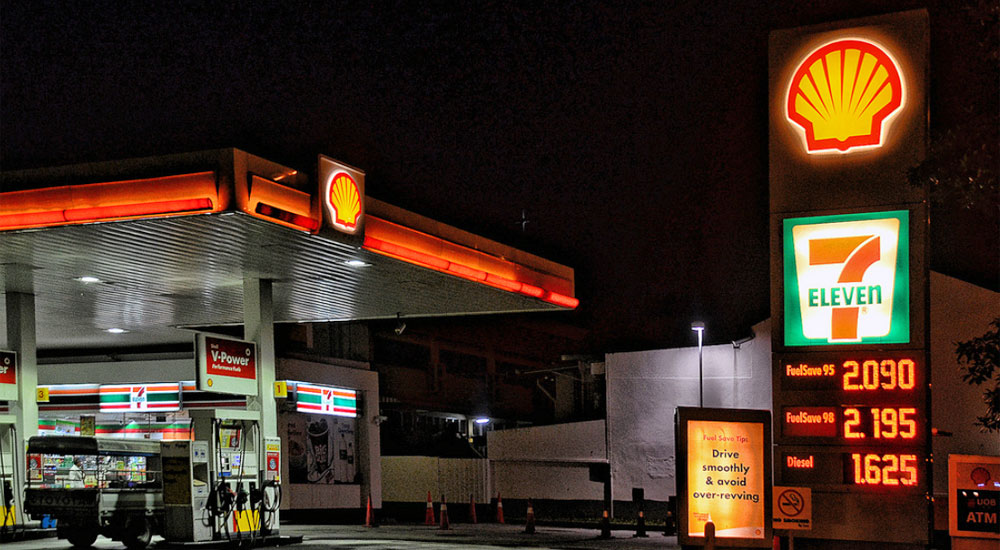Motorists in Singapore are being taken for a ride.
The Competition Commission of Singapore (CCS) has found that motorists here do not have a clear idea of the effective petrol prices across brands.
As a result, they are wasting as much as S$40 million each year.
Complicated pricing
The culprit is due to the myriad of complicated discount, rebate schemes, loyalty programmes and promotions on offer.
Motorists end up paying very different amounts even when petrol retailers list similar prices.
“Discount and rebate schemes can be complicated and make price comparisons difficult for consumers," the competition watchdog said on Dec. 19, 2017.
If information on effective prices were made more simple and readily available, consumers would be able to compare effective prices easily and hence, make more informed petrol purchase decisions, it said.
Greater transparency in petrol pricing is, therefore, a good thing.
This would facilitate a more price-competitive retail petrol market in Singapore, as petrol retailers would need to offer better and less-opaque prices and promotions to retain or attract customers.
CCS may develop a web portal or mobile app that lets motorists compare petrol prices to allow for more informed purchasing choices.
Do you fall into these groups?
Geography determines loyalty
58 percent of motorists stuck to the same petrol brand between 2012 and 2016 due to the convenient location of the retailer, and their satisfaction with the perks they are getting.
Use comparison websites and mobile apps
22 percent compared prices diligently.
Generally, those who monitor petrol prices across brands through comparison websites or mobile apps save more than those who look at displays on-site or visit petrol retailers’ websites.
Buy low grade petrol -- it's the same thing
63 percent are spending unnecessarily on a higher grade of petrol than their vehicles need.
This is despite studies showing that there is no difference to engine performance when one uses a higher petrol grade than recommended by the vehicle manufacturer.
Petrol prices have not fallen
This latest round of inquiry into the retail petrol market was sparked in February 2015 following public feedback.
Petrol prices had not fallen in tandem with crude oil price declines -- from US$115 from June 19, 2014 to US$46 on Jan. 12, 2015.
No price collusion
CCS also said there is no evidence that petrol retailers were colluding to fix prices.
But petrol retailers do regularly monitor and react to each other’s listed retail petrol prices and promotions.
If you like what you read, follow us on Facebook, Instagram, Twitter and Telegram to get the latest updates.
